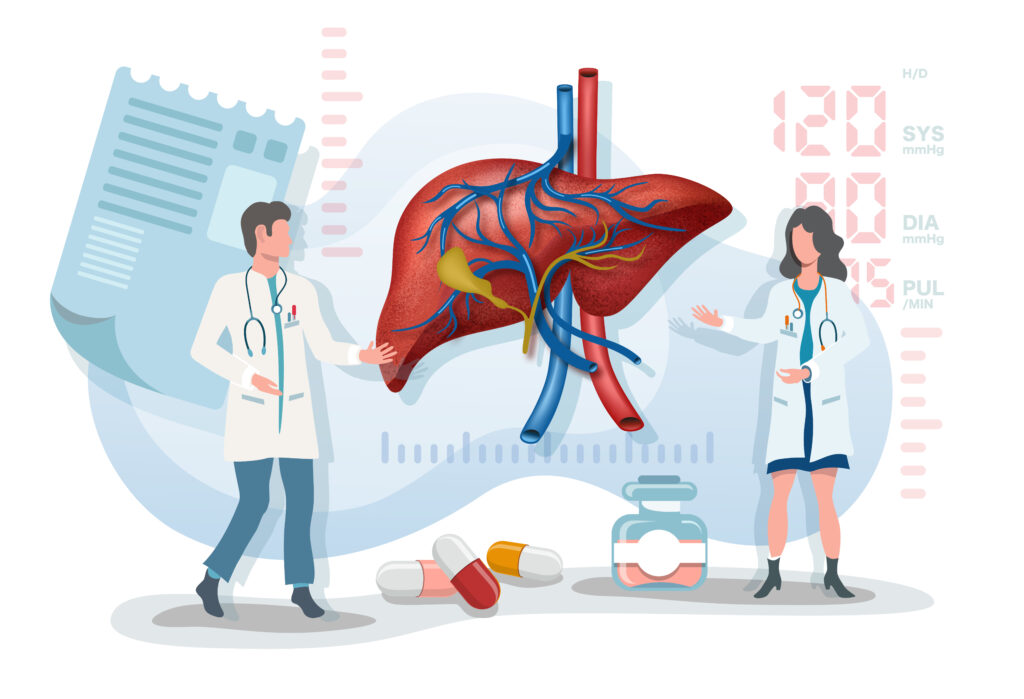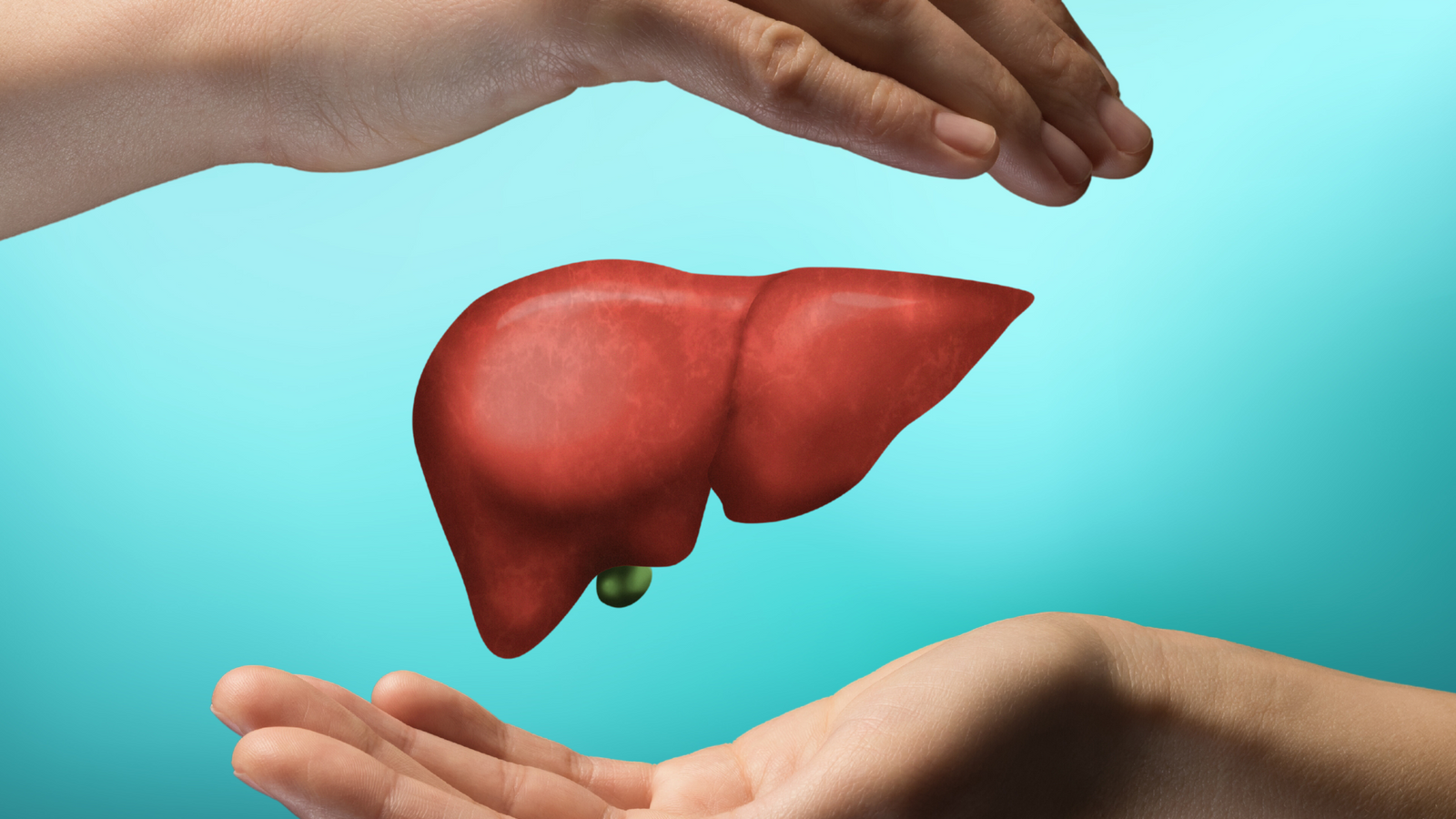Did you know that more than 100 million people in the United States alone suffer from some form of liver disease? Unfortunately, only 4.5 million (1.8%) of those people have been officially diagnosed. If left untreated, liver diseases can progress into conditions like liver failure, which can cause serious health complications, including infection, electrolyte deficiencies, bleeding and even death. That’s why it’s so important that we change the liver disease narrative – educating people about how their liver functions so they can live a liver-friendly life.

Below, we’ve compiled what you need to know about your liver, including the various types of liver disease and what you can do to minimize your risk.
Your Liver and You
Your liver plays a crucial part in regulating your body’s core functions. It is your largest solid internal organ, measuring about the size of a football and weighing in at three to 3.5 pounds (1.36 to 1.59 kilograms). Your liver’s job is outsized, too – it performs vital tasks such as filtering toxins from your blood, managing the way your blood clots, making bile to digest fat, storing sugar for energy and making protein for your blood’s plasma.
Since your liver is so important to your overall health, any condition that compromises its function is serious. In fact, there are many different kinds of liver diseases that can have a lasting impact on a person’s overall health. Here are some of the most common examples:
- Infections: While both viruses and parasites can infect the liver, the most common liver infections are hepatitis viruses. Liver infections can be spread through sexual contact, exposure to infected blood or bodily fluids, blood transfusions and contaminated food or water. (Note: Not all hepatitis cases are viral.)
- Non-Alcoholic Fatty Liver Disease: NAFLD occurs when too much fat is accumulated in the liver. Risk factors for this disease include obesity (especially around the abdomen), insulin resistance or Type 2 Diabetes, high cholesterol and high triglycerides.
- Long-Term Alcohol Use: Heavy, long-term alcohol use is perhaps the most well-known form of liver disease. Since alcohol is a toxin, it can damage the liver over time and lead to life-threatening conditions such as cirrhosis and liver failure.
- Genetic Conditions: Genetic liver diseases can be inherited by one or both of your parents and include hemochromatosis, Wilson’s Disease and alpha-1 antitrypsin deficiency.
- Autoimmune Disorders: Sometimes, the immune system mistakenly attacks the liver. Examples of autoimmune liver diseases include autoimmune hepatitis, primarily biliary cholangitis and primary sclerosing cholangitis.
- Cancer: When abnormal liver cells grow uncontrolled, liver cancer is often the culprit. Examples include bile duct cancer and liver adenoma.
Preventative Care Is Key
In many cases, you can protect your liver by taking simple preventative measures. For example, eating healthy foods like vegetables, fruits, whole grains and lean meats as well as limiting sugars, fats and excess alcohol is a great first step toward a healthier liver – and life.
It’s also important to know where you stand in terms of liver function. Accordingly, if you are concerned about your risk of contracting liver disease, you should have a conversation with your doctor and consider getting a liver function test done to learn your numbers. If traveling to a diagnostic lab doesn’t fit your schedule, the Cue® Health Liver Panel is a reliable at-home test option with detailed, lab-quality results. At Cue, we believe that healthcare platforms should be personalized, portable and connected – and that no one should be left wondering about something as important as their liver health.
This information is presented in summary form, general in nature, and for informational purposes only. Content is not intended nor recommended to substitute for professional medical advice. For personal medical advice, always consult your doctor or other qualified healthcare professional. The tests offered are subject to change and subject to availability. Due to state restrictions, this Cue Product is not available for individuals located in the state of New York. Other state restrictions may apply for specific tests. Please refer to our support page for detailed product terms and conditions.
References:
- https://liverfoundation.org/about-your-liver/facts-about-liver-disease/how-many-people-have-liver-disease
- https://my.clevelandclinic.org/health/diseases/17819-liver-failure
- https://www.healthline.com/health/largest-organs-in-the-body#largest-internal-organ
- https://liverfoundation.org/about-your-liver/facts-about-liver-disease/what-is-liver-disease/



